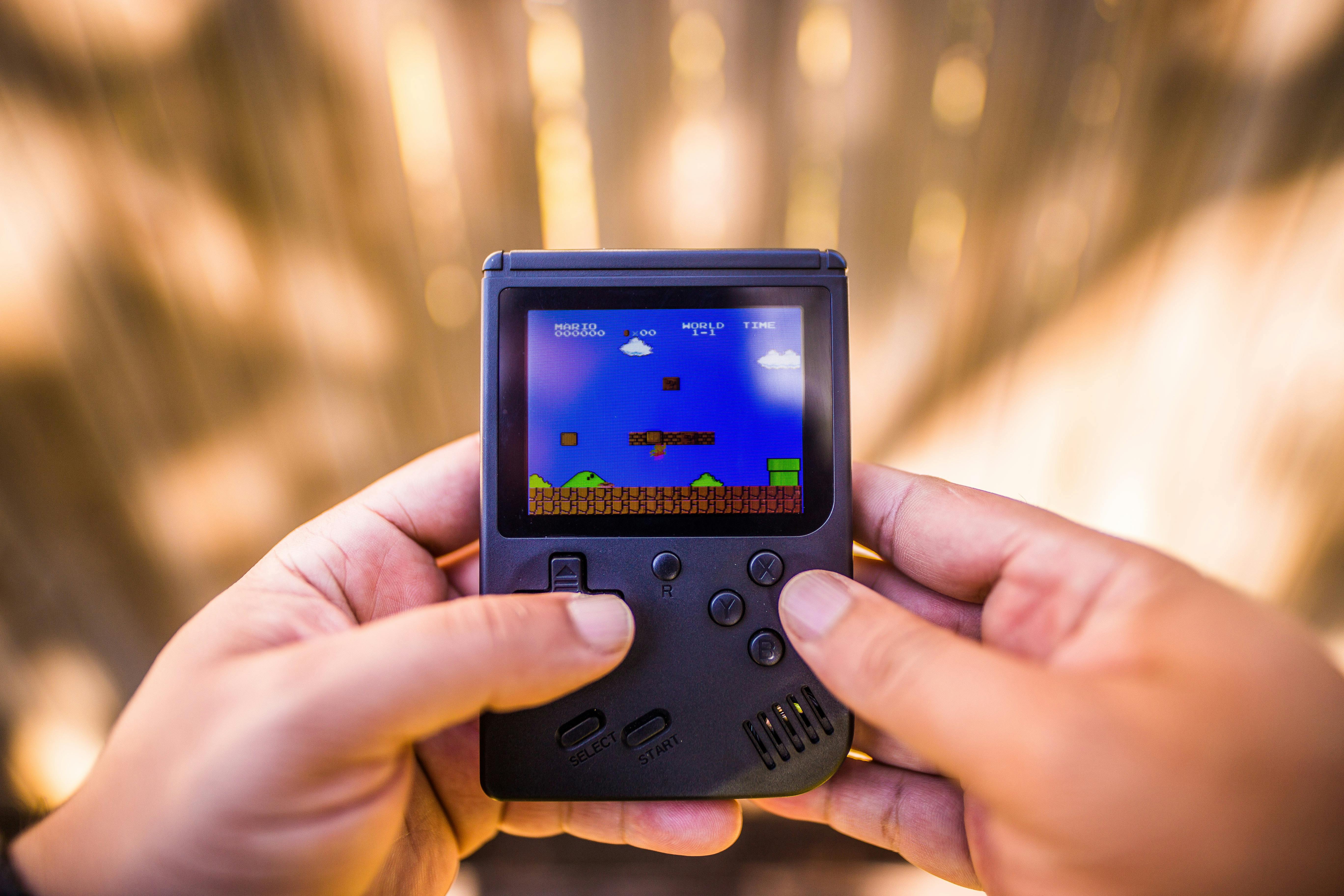Login
Join Free
Do Electronic Toys Sell Better in Today’s Market?
The global toy market has changed dramatically in the last decade. As traditional toys continue to have stable demand, electronic toys have grown into one of the fastest-rising categories across retail shelves, e-commerce platforms, and international sourcing markets. Many buyers, especially importers and medium-to-large e-commerce sellers, now ask the same question: Do electronic toys really sell better than other toy categories?
To answer this, we need to look at consumer behavior, retail trends, product innovation, and the purchasing strategies of global toy buyers. Electronic toys are no longer limited to simple light-up sticks or battery-operated pets; they now include dancing dolls, smart robots, motion-sensor toys, interactive educational devices, and even mini game consoles. As these products evolve, sales patterns also change—so understanding these trends is essential for anyone sourcing toys in bulk.
This article breaks down the factors behind the rise of electronic toys, the types that perform well, potential challenges, and how businesses can leverage this category for stronger sales and margins.
Why Electronic Toys Are Growing Faster Than Traditional Toys
Across major retail markets—from the United States and Europe to Southeast Asia and Latin America—the demand for toys with lights, sound, movement, or interactive functions has grown rapidly. Several trends contribute to this momentum:
1. Children Expect More Interactivity
Modern children are growing up surrounded by screens, apps, and digital experiences. Their attention spans are shaped by interactive content. As a result, toys that light up, talk, respond, or move naturally keep them engaged for longer.
Parents notice this engagement and often choose electronic toys because:
-
They keep children entertained without screens
-
They support early learning
-
They offer "more value" compared to simple toys
This expectation has raised the baseline for many categories. For example, a dinosaur toy with LED lights sells significantly better than the same dinosaur without lights.
2. Short-Video Platforms Drive Electronic Toy Trends
Platforms like TikTok, YouTube, Instagram Reels, and Douyin have reshaped the toy industry. Toys that move, glow, or interact visually appear stronger on camera, which makes them perfect for viral content.
Because of this, items such as:
-
Dancing robots
-
Light-up plush toys
-
Mini handheld game consoles
often go viral faster than traditional toys, resulting in strong demand spikes.
E-commerce sellers know this very well, which is why many actively search for electronic toys that look attractive on video.

3. Higher Perceived Value Supports Higher Selling Prices
Buyers prefer categories that offer healthy margins. Electronic toys fit this requirement because customers are willing to pay more for added features. A light-and-sound feature can easily justify a higher retail price, even though the added manufacturing cost remains relatively controlled.
This balance between cost and perceived value makes electronic toys especially attractive for importers and private-label brands.
4. Electronic Toys Cover a Wide Range of Age Groups
Unlike many niche toy categories, electronic toys can span:
-
Toddlers
-
Kids
-
Pre-teens
-
Even adults
From soft battery-operated pets for younger children to electronic game gadgets for older kids, the category offers broad appeal, which leads to higher volumes and more stable yearly sales.
5. Manufacturers Continue to Innovate
China's toy industry—especially in Shantou and Shenzhen—invests heavily in functional upgrades. New circuits, voice features, automatic motion functions, and LED patterns appear every year. This constant innovation keeps the category fresh, helping retailers maintain strong repeat sales.
Do Electronic Toys Sell Better? The Evidence Suggests Yes—But Not for Every Product
Although electronic toys do sell well overall, not every electronic toy will become a bestseller. Performance depends on features, durability, price point, and market demand. Here's a clearer breakdown:
Electronic Toys That Consistently Sell Well
Certain subcategories have shown stable, long-term performance across global markets:
-
Battery-operated animals (dogs, cats, dinosaurs)
-
Dancing dolls and dancing robots
-
Interactive plush toys
These products tend to sell well because they combine simple functions with low failure rates and strong visual appeal.

Categories That Sell Strongly During Peak Seasons
Some electronic toys perform especially well around holidays or event seasons:
-
Halloween: LED pumpkin wands or glowing toys
-
Christmas: singing Santa toys, electronic gift sets
-
Summer: light-up bubble toys
-
Back-to-school: early education devices and electronic activity sets
These seasonal spikes make the category appealing for sellers who plan inventory strategically.
Categories That Perform Best in E-commerce
On online marketplaces like Amazon, Shopee, Lazada, and Shopify stores, electronic toys outperform traditional toys for three reasons:
-
Interactive demos look better in video listings.
-
Product differentiation is stronger (easier to avoid price wars).
-
Customers can judge functionality through photos and videos.
As a result, many sellers prioritize electronic toys when choosing new product lines.
But Electronic Toys Also Have Challenges
A realistic understanding is essential for buyers. Electronic toys come with considerations that traditional toys may not face.
1. Quality Control Is More Important
Because electronic components are involved, failure rates can be higher if the factory's QC process is weak. Buyers need suppliers that conduct:
-
Circuit testing
-
Battery safety checks
-
Function consistency assurance
-
Drop testing and durability checks
A reliable supplier is crucial in this category.
2. Certification Requirements May Be Stricter
Many markets require testing such as:
-
EN71
-
EMC
-
RoHS
-
CPSIA
-
CE or UKCA
Electronic toys must meet both toy-safety and electronic-component regulations.
3. Battery Policies Can Affect Shipping
Lithium-powered toys must follow shipping restrictions. Fortunately, most mass-market electronic toys use AA/AAA batteries, which simplifies logistics.

How Buyers Can Choose Electronic Toys That Will Sell Well
To maximize sales potential, buyers should:
Study Trends Through Short-Video Data
Items with motion, music, or LED patterns perform best on visual platforms.
Check Function Quality, Not Only Appearance
A toy that looks fun but fails easily will quickly lead to returns and negative reviews.
Choose Multichannel-Friendly Products
The strongest products are those suitable for:
-
Retail shops
-
Online sellers
-
Supermarkets
-
Distributors
Request Customization When Possible
Branding options such as:
-
Custom packaging
-
Logo printing
-
Custom sound effects
-
Unique light patterns
-
Modified circuits
allow buyers to create product lines that stand out from competitors.
Why Buyers Choose Zhorya for Electronic Toys
Zhorya has become a trusted partner for global toy buyers looking for reliable wholesale electronic toys with strong market performance. Our catalog covers everything from battery-operated animals and dancing dolls to electronic robots, kids’ handheld game devices, LED wands, and interactive learning toys. Each item is selected with international requirements in mind, offering stable quality, attractive features, and competitive sourcing options for importers, retailers, and online sellers. Buyers can request logo customization, packaging design, circuit adjustments, and sound-effect personalization to build unique product lines. For teams looking to grow their electronic toy assortment with dependable support, Zhorya provides a smooth, professional sourcing experience from China.
Conclusion
In summary, electronic toys continue to outpace many traditional categories thanks to their interactivity, visual appeal, and broad age-range potential. While quality and compliance remain critical, the right products can deliver strong sales both in retail and online channels. For buyers seeking reliable, customizable, and trend-ready electronic toys, Zhorya offers a comprehensive sourcing solution with professional support from China.

 Русский язык
Русский язык 中文
中文